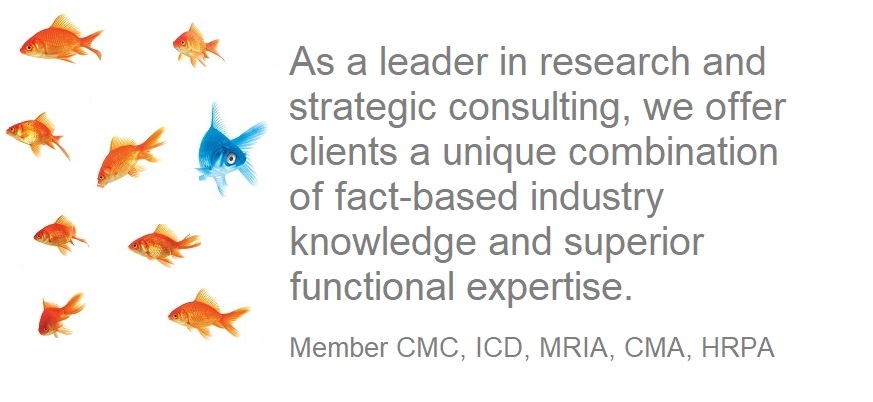
The Arcus study: “The Power of Discipline” explores the importance of self-discipline and how it plays a crucial role in achieving success and personal growth.
Here are the key points summarized:
Definition of Discipline:
The study begins by defining discipline as the ability to control one’s impulses, emotions, and behaviors to achieve long-term goals. It emphasizes that discipline is not about punishment but about self-regulation and perseverance.
Self-Control and Success:
The study highlights research showing that self-control is a better predictor of success than intelligence. It refers to the famous “Marshmallow Test,” where children who resisted eating a marshmallow immediately were found to have better life outcomes. This study illustrates that the ability to delay gratification is crucial for achieving long-term goals.
Components of Self-Discipline:
The study breaks down self-discipline into several components:
- Self-Awareness: Recognizing one’s emotions and impulses.
- Self-Regulation: Managing those emotions and impulses effectively.
- Motivation: Having a strong internal drive to achieve goals.
- Empathy: Understanding and considering the feelings of others.
- Social Skills: Navigating social situations and building relationships.
- Neuroscience of Discipline: The study explains the neuroscience behind self-discipline. The prefrontal cortex, responsible for executive functions like decision-making and impulse control, plays a key role. Developing this part of the brain through practices like mindfulness and cognitive exercises can enhance self-discipline.
Emotional Regulation:
Managing emotions is crucial for maintaining discipline. The study discusses techniques such as mindfulness meditation, which can help individuals stay calm and focused, reducing impulsive reactions and promoting thoughtful decision-making.
Setting and Achieving Goals:
The study emphasizes the importance of setting clear, achievable goals. It advises breaking larger goals into smaller, manageable tasks and celebrating small victories along the way to maintain motivation and momentum.
Habits and Routines:
Establishing positive habits and routines can support self-discipline. The study suggests creating an environment that minimizes distractions and encourages productive behavior. Consistency in daily routines can build a foundation for long-term success.
Resilience and Perseverance:
Discipline involves resilience and the ability to persevere through challenges. The study points out that setbacks are inevitable, but maintaining a disciplined approach helps individuals recover and stay committed to their goals.
Role Models and Mentors:
Having role models and mentors can provide guidance and inspiration. The study recommends seeking out individuals who exhibit strong self-discipline and learning from their behaviors and strategies.
Continuous Improvement:
Finally, the study stresses the importance of continuous improvement. Self-discipline is not a one-time effort but an ongoing process of growth and refinement. Regular self-reflection and a willingness to adapt and improve are essential.
In conclusion, the study underscores the power of self-discipline as a fundamental skill for achieving success and personal growth. By developing self-awareness, managing emotions, setting clear goals, establishing positive habits, and seeking continuous improvement, individuals can harness the power of discipline to reach their full potential.
Services

Arcus offers clients a unique combination of fact-based industry knowledge and superior functional expertise. Our consultants have an average of over 22 years experience, twice the industry average. Find out more about our growth, change management and operations services.
At Arcus we believe that a strategy is only as good as the results it delivers. Strategic outcomes are most predictable and effective when companies develop a portfolio of initiatives that are aligned with core competencies and aligned activities enable the company to offer a superior value proposition.
Please contact Arcus for case studies and to discuss how we can help you.
Service coverage
The variety, breadth, and depth of the projects where Arcus can be a resource are made unique by each client’s specific needs. By providing a very small sample of projects we’ve completed, we can help you understand how and when to use our services. Visit the links below to find out more about a specific problem or opportunity you would like to address.
Below is a sample of the range of services that Arcus has provided to clients.
- A survey of 2,350 consumers and 1,320 business leaders for feedback on sustainability trends
- Architecting a multi-year change strategy for a Fortune 500 company
- Mentoring a CEO on organizational change
- Excellence transformation of a leading B2B services company
- Creating a new sales deployment model for a healthcare company
- Developing a position evaluation and compensation model for a professional medical association
- Improving services to customer segments by deepening their understanding of customer attitudes
“Arcus manages to consistently deliver tangible results on market research and strategy projects. They combine deep business expertise, powerful research capabilities, and innovative thinking to deliver substantial value.”
– Vice President, Nikon
Data Dashboards
- Empower your decision-making with comprehensive, trusted data.
- Gain actionable insights with access to real-time Canadian consumer, business and sector spending and location data.
- Inform economic policy, investments, sales deployment and strategic plans by looking at trends across different industries and regions in Canada.
- Influence your businesses’ future growth plans by understanding consumer behaviour
Media Coverage
Arcus has been quoted extensively in media on a range of topics and can offer research studies, insights and ideas. Here are some examples from the Globe and Mail, CTV, Global TV and others.
- Nordstrom countdown to opening begins – Toronto Star
- No lineups outside stores in five years – BNN
- Black Friday retail, marketing, and cross-border shopping trends – BNN
- Does global expansion need a local flavour? – Globe and Mail
- Art of the Pitch – Protect company’s interests when approaching giants – Globe and Mail
- Off-the-shelf technology or a custom design? – Globe and Mail
